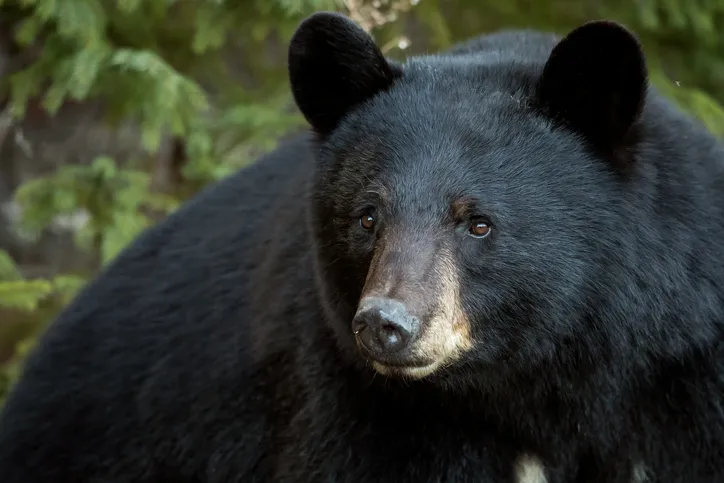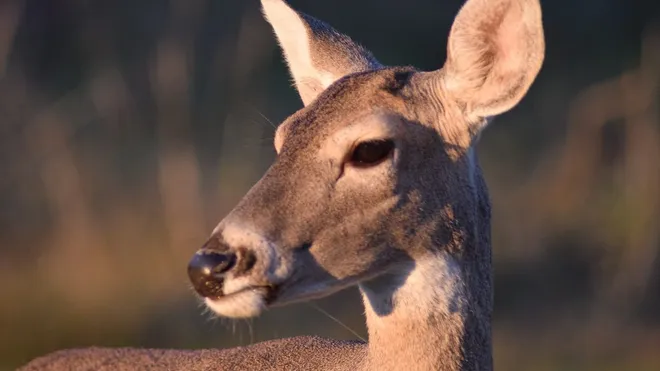Bear hunting is a popular activity in Virginia, drawing in hunters from across the state and beyond. Knowing when bear season is in Virginia is important for those interested in participating in this regulated activity. Virginia’s bear season is carefully managed by the Virginia Department of Wildlife Resources (DWR), ensuring sustainable hunting practices that protect bear populations while allowing for responsible hunting. Each year, the season’s dates and regulations may vary slightly, but the general structure remains consistent to ensure balance between conservation efforts and recreational hunting.
Bear Hunting Seasons in Virginia
General Bear Hunting Seasons
Virginia typically has several different hunting periods for black bears, with the exact dates varying depending on the region and the type of hunting method allowed. Generally, bear season in Virginia falls in the autumn and winter months, coinciding with other game hunting seasons.
- Archery Season: This season is one of the first to open and typically starts in early October. During this time, only hunters using archery equipment, such as bows and crossbows, are permitted to hunt bears. Archery bear season is popular for those who enjoy a more traditional and challenging hunting experience.
- Muzzleloader Season: Following the archery season, muzzleloader season usually begins in early November. During this period, hunters using muzzleloading firearms can participate in bear hunting. This season offers a chance for those who prefer using older-style firearms to hunt before the general firearms season begins.
- General Firearms Season: The general firearms season is the most widely anticipated part of bear hunting in Virginia and typically starts in mid-November. Hunters using modern firearms are allowed to hunt bears during this time, with specific regulations in place for safety and conservation. This season runs through December, allowing ample time for hunters to pursue their quarry.
Bear Season Zones in Virginia
Virginia is divided into different hunting zones, and the dates for bear season may vary depending on the zone you are in. The state is broken down into different regions, including the western mountain regions, central zones, and eastern areas. Each of these zones has unique dates and regulations, so it is important for hunters to check the Virginia Department of Wildlife Resources website or guidebook for the most up-to-date information on when bear season begins and ends in their specific area.
Regulations and Guidelines for Bear Hunting
Tagging and Licensing
Before heading out for bear season, it is crucial to understand Virginia’s hunting regulations. All bear hunters are required to have the appropriate hunting licenses and bear tags. Hunters must also report any bear they harvest to the Virginia DWR, either online or through an official check station. This process ensures that the bear population is properly managed and helps wildlife officials track hunting activity throughout the state.
Hunters are limited to one bear per season, and there are strict rules regarding the hunting of sows with cubs to protect the overall population. It is illegal to kill a sow if she is accompanied by her cubs, as this could negatively impact the bear population’s health and sustainability.
Legal Methods of Hunting
During bear season in Virginia, hunters are permitted to use specific methods and equipment depending on the time of year and the type of season. These methods include archery, muzzleloaders, and modern firearms, as outlined in the season guidelines. Baiting, the use of artificial lights, and hunting from motorized vehicles are strictly prohibited. Hunting is only allowed during daylight hours, and hunters must follow all safety regulations, including wearing blaze orange during the general firearms season.
Preparing for a Successful Bear Season
Scouting and Gear Preparation
Proper preparation is essential for a successful bear hunting season. Hunters should spend time scouting their hunting areas in advance, learning about bear habits, and identifying areas where bears are most likely to be active. Bears are often found in forested areas with abundant food sources, such as acorns, berries, and nuts, so understanding the local terrain can significantly improve a hunter’s chances of success.
In addition to scouting, hunters should ensure their gear is in good condition. For archery hunters, this means checking that bows and arrows are functioning properly. For firearms hunters, ensuring that rifles or muzzleloaders are sighted in accurately is crucial.


This particular material is actually brilliant! It is full of incisive info plus the points you tend to make are sensible as well as solid. I actually go along with a lot of this info.
Writing is an art form that not everyone has, but you are a true author. You fascinate contemporary readers with exclusive tips and also content.
That is an awesome write-up with a lot of valuable information. I personally truly enjoyed reading this and may come back to revisit a few of your own points.
I’ve put this article in my favorite’s menu so I can get back to read it again. My own very first impression is you really are gifted and this is good content.
I’ve exactly the same ideas on much of this content. I am pleased I am not the only person who believes this way. You’ve truly composed a brilliant top quality article here. Thanks.
I actually make my living writing, however I am not really nearly as good as you. I am not sure I’d have the emphasis to do all the research you have done on this particular subject. This particular is very good.
It requires an insightful and also gifted author to write quality article content as observed here. I agree with a lot of your points right here. You’ve made me rethink a few of my suggestions through your perception.
I cringe when I consider the work you must have done putting this info collectively. I’m pleased you did it nevertheless as well as cherish it. You’ve hit the mark.